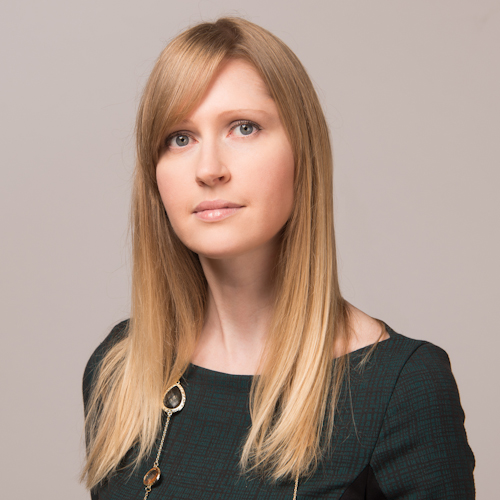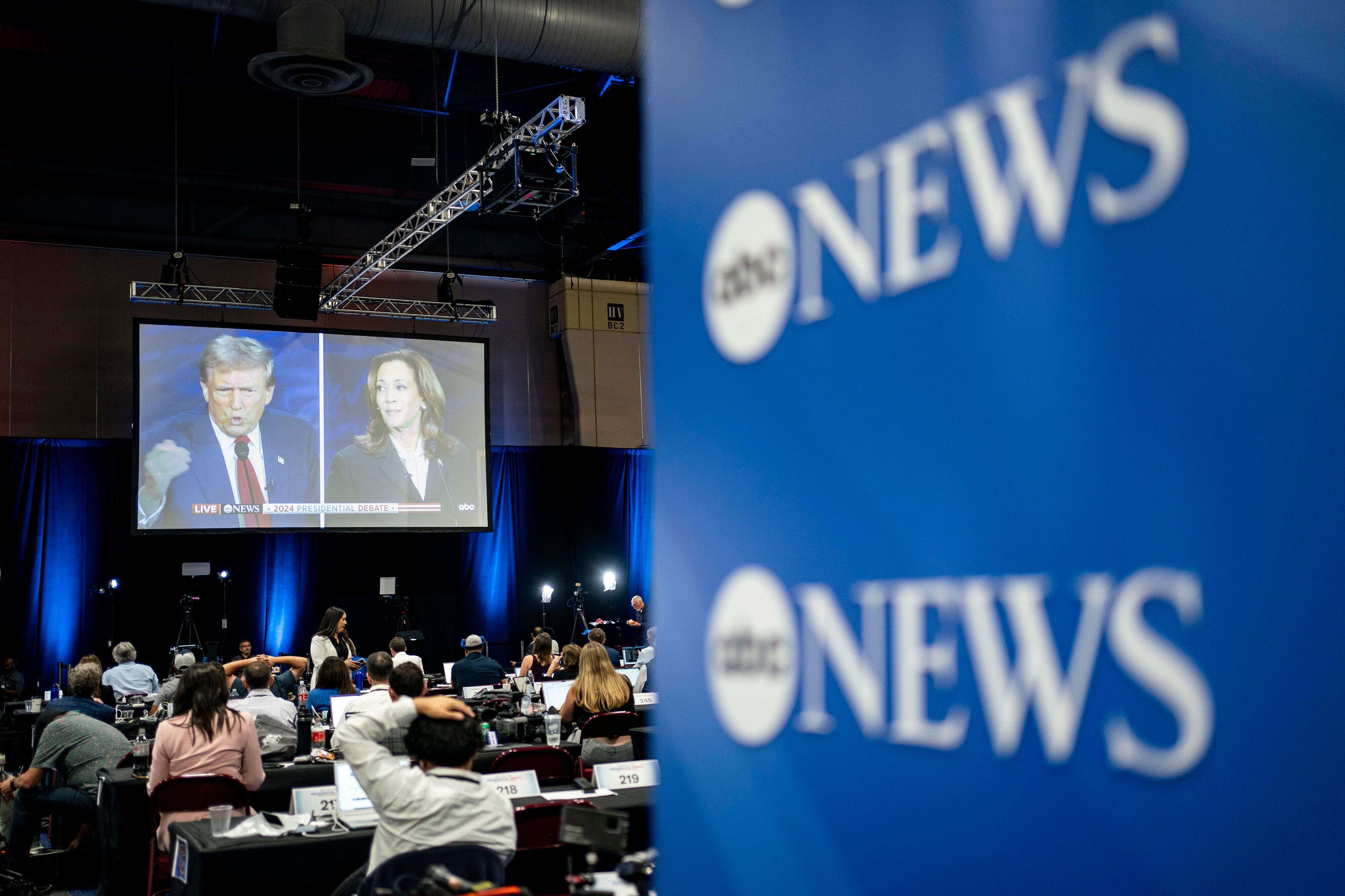It labelled Al Jazeera journalist Anas Al-Sharif, killed by the occupation, a “terrorist”; denies famine in Gaza; trains its journalists in Israel to promote the Zionist narrative; published forged documents leaked from Netanyahu’s office; and belongs to a media group whose charter affirms “support for Israel’s right to exist”. This is Bild, Germany’s newspaper of incitement against Palestinians, cited by Israel’s president.
Germany’s Bild newspaper stands as a glaring example of journalistic malpractice and absolute bias in favour of Israel’s genocidal war on Gaza. The killing of journalist Anas Al-Sharif in an Israeli airstrike should have prompted Bild, even momentarily, to acknowledge the loss of a fellow journalist. Yet, it failed to show any solidarity with his courage, selflessness, or his choice to remain in Gaza under bombardment and starvation, refusing evacuation. Instead, the paper escalated its incitement against Palestinians, publishing not one but two articles targeting Al-Sharif.
The first, a news report, heavily relied on the Israeli narrative and bore the headline: “The killed journalist appears to have been a terrorist.” The second article, titled “Israel kills a reporter in Gaza: Journalist or terrorist?”, included an old, widely circulated photo released by the Israeli army, allegedly showing Yahya Sinwar with Anas Al-Sharif.
The coverage devoid of the most basic journalistic ethics by Europe’s largest newspaper is no coincidence. Bild belongs to the Axel Springer Group, a media conglomerate whose foundational charter explicitly states its support for “Israel’s right to exist”. Anyone seeking employment within the group must sign a contract affirming this support. The group’s pro-Israel stance dates back to the 1967 war, when founder Axel Springer met with David Ben-Gurion. This editorial bias has persisted ever since.
The coverage devoid of the most basic journalistic ethics by Europe’s largest newspaper is no coincidence. Bild belongs to the Axel Springer Group, a media conglomerate whose foundational charter explicitly states its support for “Israel’s right to exist.” Anyone seeking employment within the group must sign a contract affirming this support. The group’s pro-Israel stance dates back to the 1967 war, when founder Axel Springer met with David Ben-Gurion. This editorial bias has persisted ever since.
A Reputation for Fabrication
Bild recently made headlines after publishing a lengthy report based on a document it claimed was found on Yahya Sinwar’s computer. However, Israeli media itself confirmed the document was old, merely a recommendation, and not authored by Sinwar. It had reportedly been leaked from Netanyahu’s office to serve his political interests, revealing Bild as a media arm serving Netanyahu.
The paper’s incitement against Palestinian journalists extends beyond Al-Sharif. It recently accused Palestinian photojournalist Anas Zayed Fteha, who works for Anadolu Agency, of using misleading images to exaggerate the famine in Gaza. Bild employed derogatory language, including the term “Pallywood”, a blend of “Palestinian” and “Hollywood”, to imply staged suffering.
The paper stripped Fteha’s photos of their context, claiming he failed to show aid distribution. In reality, he had published those images as part of a full album on Anadolu’s website. Bild even “spied” on his personal social media, distorting a post that included the phrase “Freedom for Palestine”.
The blatant falsehoods prompted the Israeli organisation Fake Reporter to criticise Bild for its distortion of facts. Fteha confirmed that Bild never contacted him for comment, contrary to its claims.
Denial of Famine in Gaza
The newspaper’s fabrications don’t stop there. It deliberately denies the existence of famine in Gaza, despite overwhelming evidence. In an article titled “Hamas’s Evil Plan for Hunger”, Bild expressed frustration over declining support for Israel in Germany and growing global recognition of a Palestinian state.
To justify its inflammatory headline, Bild leaned heavily on an article by Ahmed Fouad Al-Khatib, a self-described researcher of Palestinian origin living in the U.S., published in The Atlantic. Al-Khatib had previously tweeted in February accusing Anas Al-Sharif and his cameraman of gathering intelligence for Hamas in the Netzarim corridor, without providing any verified evidence of a Hamas plan to exploit hunger.
Another article by Bild’s Deputy Head of Politics, Philip Piatov, titled “Eight Facts About Gaza’s Hunger No One Wants to Hear”, denied the existence of famine, calling it mere malnutrition. He blamed Hamas for the crisis, accused it of controlling humanitarian aid, and even criticised international relief agencies while defending Israel, claiming its army was “facilitating aid entry”.
This narrative contradicts reports from the United Nations, independent eyewitnesses, and Western media outlets with correspondents on the ground, all confirming the presence of famine. Ironically, Bild’s rare visits to Gaza were facilitated by the Israeli army, with its reporters embedded to produce content aligned with the occupation’s narrative.
Demonising Gaza Supporters
Bild has consistently demonised pro-Gaza demonstrators in Germany, labelling them as “mobs”, “Israel-haters”, and “anti-Semites”, exploiting Germany’s historical guilt toward Jews. The paper went as far as publishing personal information about student protesters to incite against them.
The newspaper also plays a major role in inciting against journalists and activists who support Gaza. It was a key factor in prompting a public regional broadcaster to cancel a contract with a journalist of Palestinian origin, solely because she had participated in a “Quds Day” demonstration seven years prior to applying for the job. Similarly, a children’s television presenter faced the same fate at another broadcaster after Bild published a report about his participation in a festival in the occupied West Bank, which included a segment condemning settler and Israeli army violence.
German media observers recognise Bild as part of the “yellow press” sensationalist journalism. It is the most reprimanded newspaper by the German Press Council, receiving nearly 300 warnings since 1986, far exceeding other outlets. It ranks among the least trusted German media sources regarding coverage of the war on Gaza. A public broadcaster survey revealed that nearly half of Germans either do not trust or barely trust their media’s reporting on the conflict.
The newspaper also plays a major role in inciting against journalists and activists who support Gaza. It was a key factor in prompting a public regional broadcaster to cancel a contract with a journalist of Palestinian origin, solely because she had participated in a “Quds Day” demonstration seven years prior to applying for the job. Similarly, a children’s television presenter faced the same fate at another broadcaster after Bild published a report about his participation in a festival in the occupied West Bank, which included a segment condemning settler and Israeli army violence.
Economic Interests and Political Influence
One of the most striking questions is why Axel Springer Group defends Israel so vigorously. The answer may lie in both ideological and financial interests. The group’s unwavering support is so pronounced that the Israeli president cited Bild to deny the existence of famine, while the paper routinely criticises the German government.
The newspaper is widely understood to be largely under the influence of the Zionist lobby in Germany. However, there is also a financial dimension: its parent company benefits materially from its staunch defence of Israel. Axel Springer acquired the Israeli firm that owns Yad2, the country’s largest classified ads platform, which publishes real estate listings, including properties located in settlements deemed illegal under international law. This has prompted Palestinian organisations to file legal complaints against Axel Springer in Germany. The company is also the exclusive German partner of Outbrain, the Israeli digital marketing platform.
The newspaper is widely understood to be largely under the influence of the Zionist lobby in Germany. However, there is also a financial dimension: its parent company benefits materially from its staunch defense of Israel. Axel Springer acquired the Israeli firm that owns Yad2, the country’s largest classified ads platform, which publishes real estate listings, including properties located in settlements deemed illegal under international law. This has prompted Palestinian organizations to file legal complaints against Axel Springer in Germany. The company is also the exclusive German partner of Outbrain, the Israeli digital marketing platform.
As a result of its unwavering support for Israel, Axel Springer’s CEO, Mathias Döpfner, was nominated for the Israeli Presidential Medal of Honour. He has previously received multiple honours from Israeli institutions, and the company has hosted numerous Israeli political and military figures.
Remarkably, the organisation also runs a journalism academy that requires its trainees to visit Israel during their training, part of a process aimed at preparing them to promote Israeli propaganda. This form of ideological conditioning is a practice uniquely associated with the group.

















































